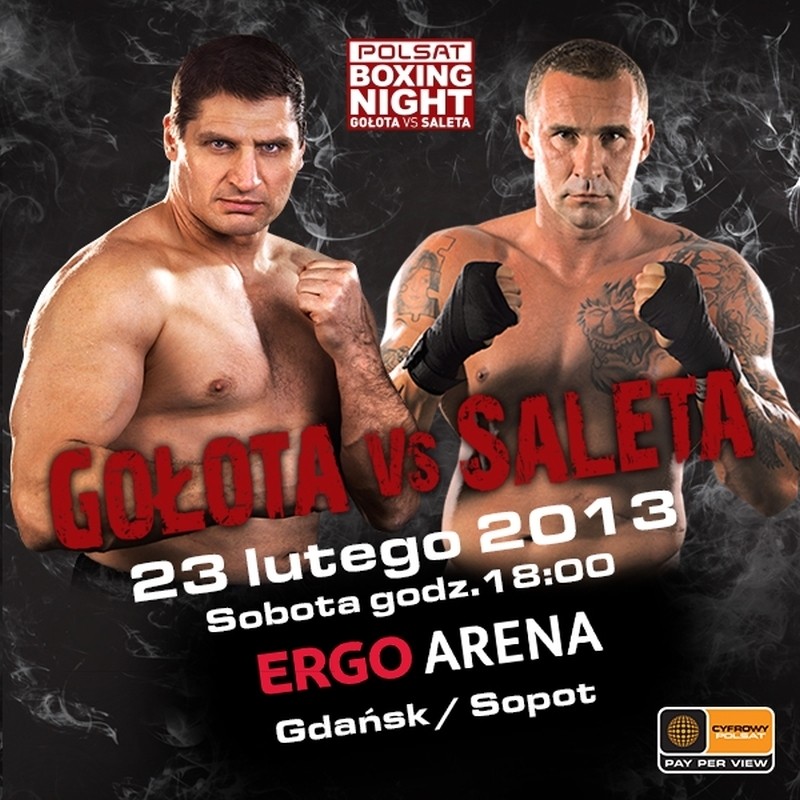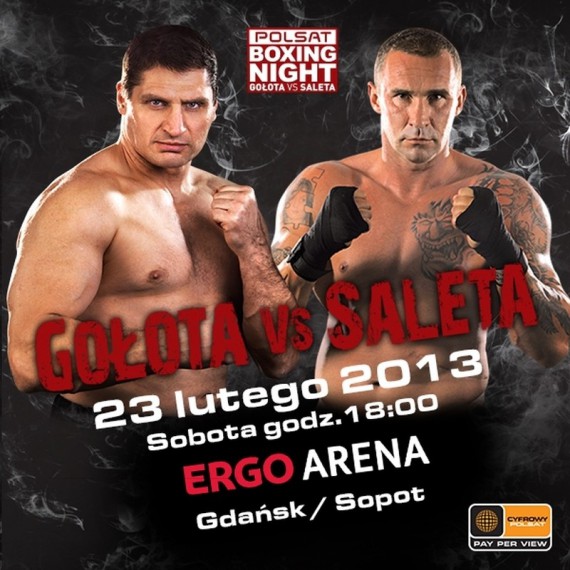
Polish heavyweight boxer and mixed martial artist Przemyslaw Saleta watched Lance Armstrong confess to the use of the oxygen-booster erythropoietin (EPO) and anabolic steroid testosterone on the Oprah Winfrey Network. He was one of an estimated 28 million people around the world who watched the live broadcast. Rather than condemn Armstrong for his use of performance-enhancing drugs (PEDs) like the overwhelming majority of viewers, Saleta reacted by advocating the legalization of anabolic steroids and PEDs for professional athletes.
Saleta argued that existing anti-doping policy failed miserably at creating a level playing field. The field is tilted in favor of richer athletes. Saleta told the Dziennik Polski newspaper that “only the dumbest and poorest” athletes get caught by anti-doping tests.
“I personally do not think that anti-doping is effective at leveling the playing field. Rather, it has the opposite effect. It all comes down to whether or not someone has the money to have access to [drugs] that are undetectable. […] One example is China, where sport is sponsored by the state and there are no financial constraints. What is the result? Chinese athletes do not get caught.”
Saleta does not believe that doping, with anabolic steroids and other PEDs, represents a significant threat to an individual’s health under controlled, medically-supervised conditions. Lance Armstrong’s doping protocol may or may not have been the most sophisticated in the history of sports as alleged by the United States Anti-Doping Agency (USADA). But Saleta thinks it may have been one of the safest. Not only were the side effects closely monitored by a team of medical professionals, doping may have helped Armstrong better maintain his health under the rigorous training and competition conditions of an extreme endurance sport like professional cycling.
“I’ll give the example of cyclist Lance Armstrong, who doped for years. I guarantee that he will not have had any side effects and will not pay for this with his health. In fact, I would even say that in sports like cycling, doping is healthier. The body regenerates faster and is able to bear the strain [of competition and training] better than a diet based only on natural products, which simply cannot not handle it.”
Saleta warned young athletes that ignorance of doping can lead to devastating side effects. As such, doping should only be legal for professional athletes but not minors and amateur athletes.
“What scares me about doping is its popularity among teenagers and the ignorance of the subject. Doping is probably available at any gym, and most teenagers do not know what to take and what is harmful. They do not know that the side effects can be devastating [and] they will pay for it for life”.
Saleta emphasized that doping is only one component that helps with training and aids with recovery. But it is not a substitute that will take the place of disciplined and extensive training.
“Doping does not guarantee success: that only comes with hard work,” Saleta said. “[The use of performance-enhancing drugs] is human nature, in that if [an athlete] can get an advantage over an opponent then he will take it”.
Saleta has come out of retirement for one final boxing pay day against Andrzej Golota on February 23, 2013 in Warsaw. His comments are likely to cause considerable controversy as the fight approaches.

About the author
Millard writes about anabolic steroids and performance enhancing drugs and their use and impact in sport and society. He discusses the medical and non-medical uses of anabolic-androgenic steroids while advocating a harm reduction approach to steroid education.

Leave a Reply
You must be logged in to post a comment.